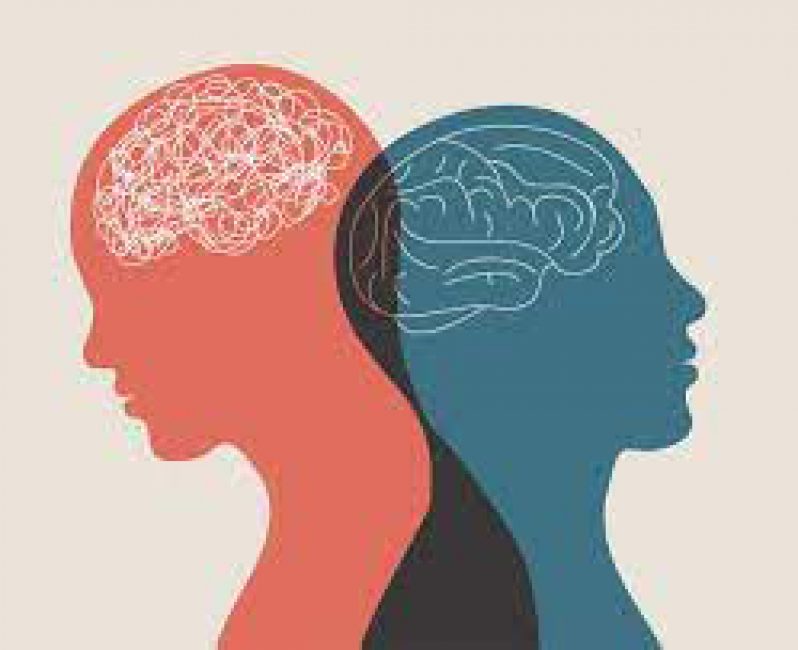By Vanessa Cort
MY recent talk with Shirvington Hannays, a Canada-based Guyanese addiction counsellor, was both exciting and enlightening, giving me renewed hope for the future of mental health treatment in this country.
As someone who has faced mental health challenges of his own and overcome them, Hannays is acutely aware of the stigma attached to mental illness and the need to “reach people,” and gain an understanding of how they view mental health.
He is confident that such a conversation would provide professionals with the information they need to devise an appropriate plan to treat those suffering with the broad gamut of mental health issues currently affecting so many.
The strategy adopted by the majority of mental health practitioners of attempting to use established methods to treat our particular circumstances, he feels is “destined to fail,” which has largely been the case so far.
Hannays cited a Canadian-funded programme teaching ‘traditional healers’ in Uganda to act as a bridge between mentally ill patients and psychiatrists, which has been both effective and successful.
He explained that this innovative approach stemmed from the knowledge that a significant part of the population – 80 per cent – would seek out these healers or witch doctors when confronted with problems. The same can be said of Guyana, where many visit ‘obeah’ men or women when faced with stressful situations that render them unable to cope.
In Uganda, a country that writer, Chethan Sathya, says is “teeming with depression and post-traumatic disorder (PTSD)”, mental health experts used the Canadian grant to train 500 traditional healers and village elders.
Instead of using traditional treatments, which could prove harmful, these healers are now able to recognise mental illness and refer patients to mental health professionals.
According to Dr. Herbert Muyunda, “a growing number of witch doctors are learning to act as a bridge between mentally ill patients and psychiatrists.” Muyunda is a social anthropologist at Makere Universty in Kampala, Uganda and project leader for the Grand Challenges Canada initiative, which funded the programme with a million-dollar grant.
Writer, Sathya said that 20 per cent of the Ugandan population of 30 million people “suffer from mental illnesses such as depression and post-traumatic stress disorder.” So help was desperately needed.
This intervention has proved successful in Uganda and Shirvington Hannays feels that a similar initiative could be effective in Guyana, where at one time the suicide rate was the highest (per capita) in the world.
His own bid to make a difference and provide informed mental health care, has led him to set up an online clinic in the wake of the COVID-19 pandemic, collaborating with others in the field when necessary.
Hannays, who is also a clinical supervisor, working with those now entering the field, has had experience “from the ground up.” He has worked with the Salvation Army and various agencies, doing his internship at a homeless shelter, while without a home himself, and credits the organisation with helping him get back on his feet.
A former computer programmer, he has used his extensive knowledge in that field to establish the SMAHOO Change Clinic spa experience, where he can consult with clients virtually.
He understands the importance of being able to access proper care and the reluctance of many to do so, having had his own battles with depression and initially putting up strong resistance to the assistance he needed.
Plans are afoot for a Change Clinic to be set up in Guyana so that locals will be able to get online addiction counselling and mental health treatment in a safe and secure manner.
This initiative will allow Hannays to pursue his passion for helping people and in particular his fellow Guyanese, not only personally, but by referring them to other experts if the need arises.
Perhaps collaboration can be had too with Grand Challenges Canada, which spearheaded the Uganda programme and which has announced hopes to use the lessons learned there throughout the developing world.
However, just as in Uganda, it all begins with concerned parties and citizens engaging in meaningful dialogue on the whole issue of mental health.




.jpg)









